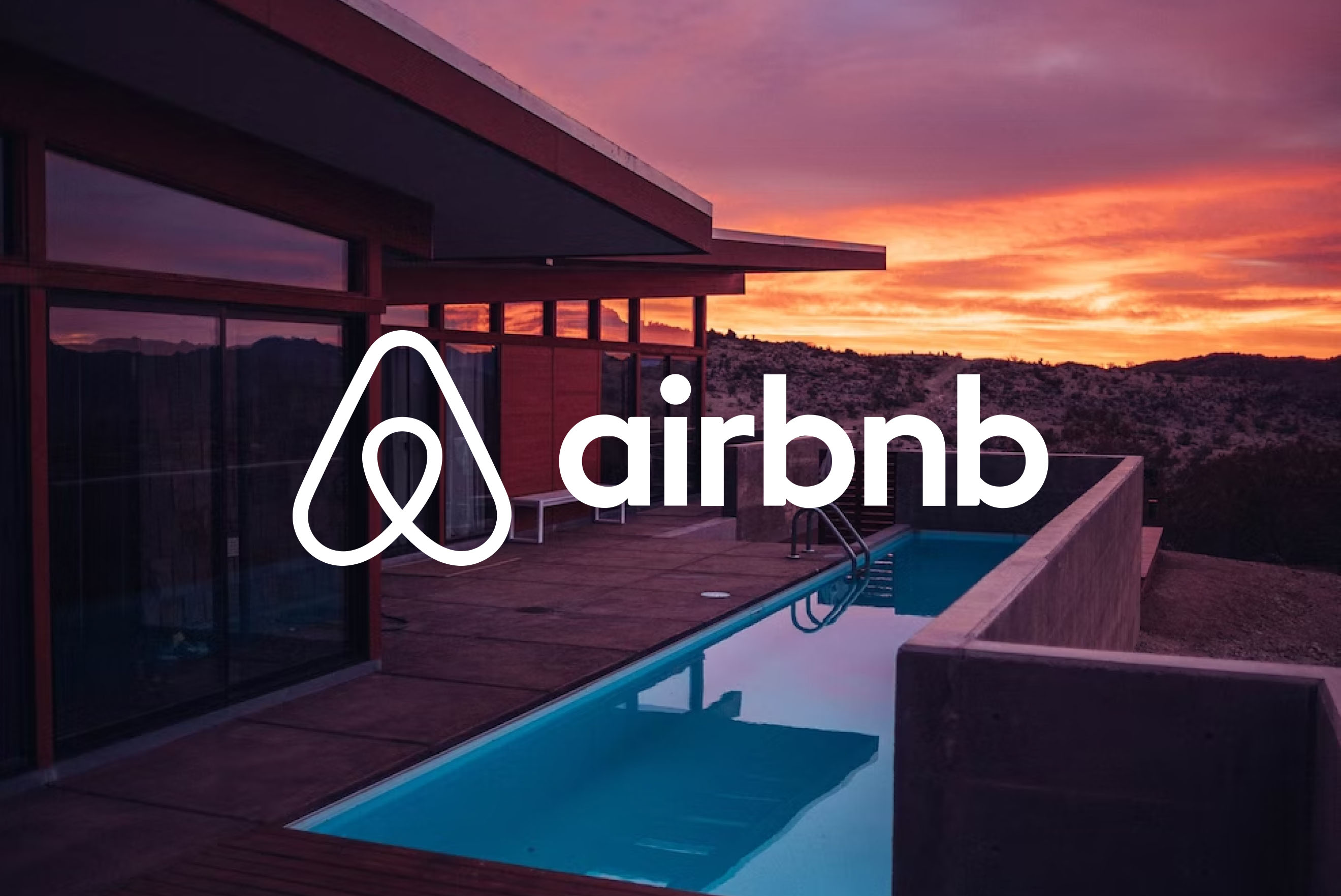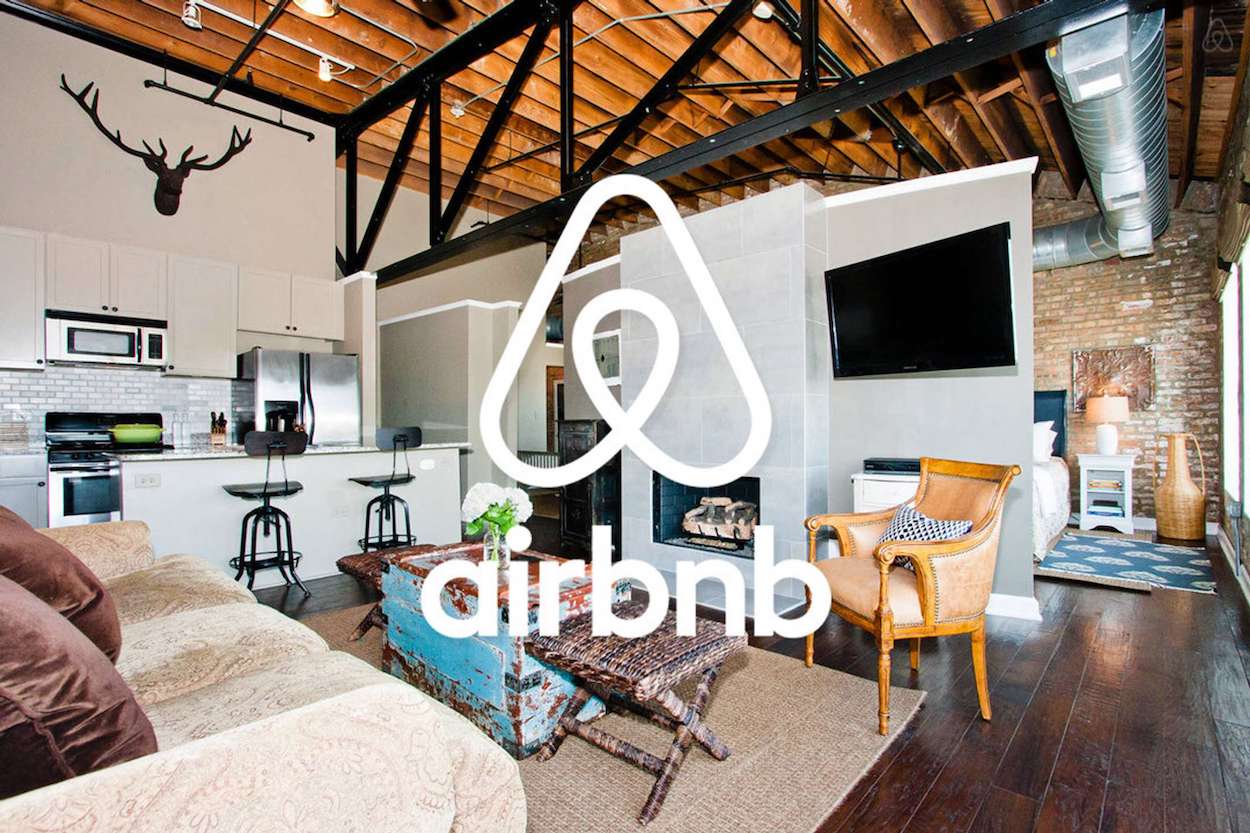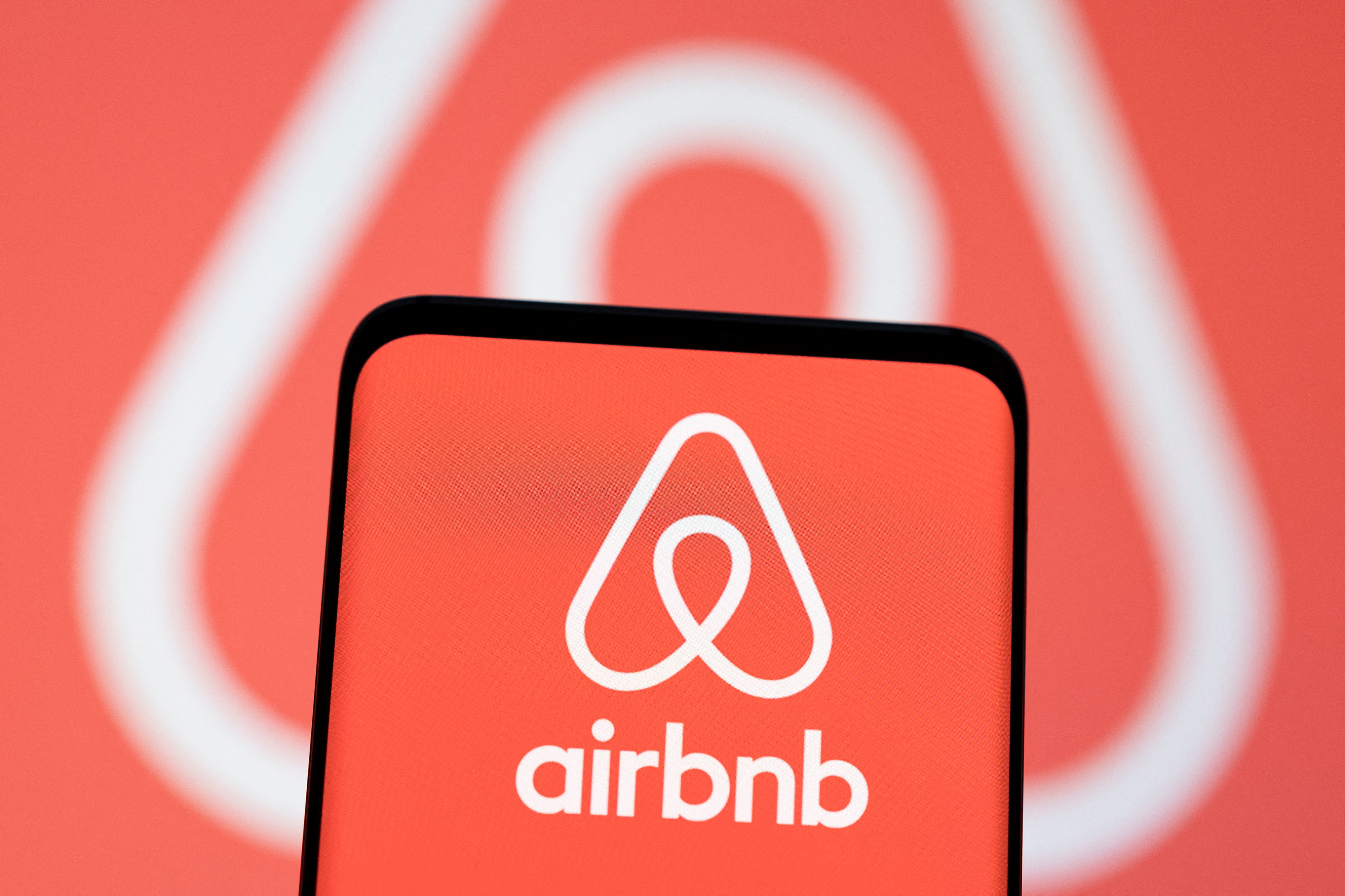Ways of improving the brand authenticity- A case study of Airbnb by Dr. Hasan.
Ways of improving the brand authenticity- A case study of Airbnb by Dr. Hasan.
1. Identify
what Airbnb stands for: You should tell what kind of brand your
organisation wants to be and what it wants to convey.
Airbnb has crafted a brand that
centres on authenticity and belonging. Here is what sets them apart:
·
Authenticity: Airbnb offers unique accommodations and
immersive experiences that allow travellers to connect authentically with local
cultures (Airbnb,
2024). Unlike
traditional hotels, Airbnb provides personalised and affordable options that
make you feel like you belong in different destinations (Giannoni et al.,
2021).
·
Airbnb's
symbolic 'Bélo' emblem is more than just a logo; it is a powerful
representation of its commitment to fostering genuine connections (Airbnb,
2024). It symbolises discovery and belonging, encapsulating the essence of its
platform (Sakr et
al., 2024).
·
Positive
Hospitality: Despite
challenges and sceptics, Airbnb stands firm in its commitment to creating a
positive and inclusive tourist experience (Giannoni et al., 2021). They invite
you to discover, explore, and be part of something bigger—a departure from
traditional accommodations' stale, cookie-cutter approach. This unwavering
commitment is a testament to the strength of Airbnb's brand (Sakr et al., 2024).
So, when customers prefer an
extraordinary travel journey beyond the ordinary, Airbnb can deliver the go-to
platform.
2.
Evaluation of Airbnb's function. Does your offering deliver on the function(s) it
promises?
The following sections evaluate
Airbnb’s brand function and whether it delivers on its promises:
1.
Accommodation Variety: Airbnb doesn't just promise
a wide range of accommodations, it delivers on this promise with a diverse
array of options, from cosy apartments to treehouses and castles (Airbnb,
2024). This unique offering is a key driver of Airbnb's brand success and a
testament to its ability to deliver on its promises (Sakr et al., 2024).
2.
Local Experiences: Airbnb emphasises authentic experiences by
connecting travellers with local hosts (Airbnb, 2024). Users can immerse themselves in their
destination's culture, cuisine, and lifestyle. This function aligns with their
promise (Giannoni et al., 2021).
3.
Affordability: Airbnb often provides more affordable alternatives than
traditional hotels (Airbnb, 2024). By allowing guests to stay in someone’s
home, Airbnb saves on costs while enjoying a personalised experience (Negi & Tripathi, 2023).
4.
Community and Belonging: Airbnb aims to foster a
sense of belonging (Airbnb, 2024). While
this can vary based on individual experiences, many guests appreciate the
personal touch and connections they make with hosts (Sakr et al., 2024).
5.
Safety and Trust: Airbnb has tried to enhance safety and trust through
verified profiles, reviews, and secure payment systems (Airbnb, 2024). However,
occasional incidents challenge this promise (Chung, & Sarnikar, 2022).
In summary, Airbnb primarily delivers on its brand functions,
but individual experiences may vary. It remains a popular choice for travellers
seeking unique stays and local interactions.
3.
Evaluate
how focussed and consistent Airbnb's brand’s messaging and storytelling is. Does it
tell a consistent story, or is its message diluted by competing stories?
Airbnb’s brand messaging and
storytelling have evolved, and while they maintain a consistent core, there
have been instances of competing narratives:
- Consistent Story:
- Belonging
and Authenticity:
Airbnb consistently emphasises belonging and authentic
experiences (Airbnb, 2024). Their messaging revolves around
connecting travellers with local hosts, immersing them in unique
cultures, and fostering genuine connections (Reinhold & Dlnical, 2018).
- “Live
There” Campaign: The
‘Live There’ campaign reinforced this message, encouraging travellers
to experience destinations like locals rather than tourists (Chung, &
Sarnikar, 2022).
- Competing Stories:
- Business
Travel: Initially, Airbnb
positioned itself as a platform for leisure travellers (Giannoni et al.,
2021). However, they later
expanded into the business travel segment, introducing a
different narrative (Sakr et al., 2024). While it broadened their reach, it also
diluted the original story of personal connections (Negi & Tripathi, 2023).
- Luxury and Plus: Airbnb introduced luxury listings and the Airbnb Plus program, targeting upscale travellers (Airbnb, 2024). This move shifted the focus from affordability and local experiences to curated luxury, potentially confusing their brand identity (Negi & Tripathi, 2023).
- Challenges and Clarity:
- Airbnb
faced challenges during the pandemic, with cancellations and safety
concerns (Airbnb, 2024). Their messaging had to adapt to address these
issues, impacting consistency (Chung, & Sarnikar, 2022).
- Host
vs. Guest: Balancing narratives
for hosts (income opportunity) and guests (unique stays) can be tricky.
Sometimes, these priorities compete (Giannoni et al., 2021).
In summary, while Airbnb maintains a core message
of belonging and authenticity, competing narratives (business travel, luxury,
safety) occasionally dilute their brand story. Clarity and alignment remain
essential for a strong brand identity.
4. Determine
whether the spokesperson or public image of Airbnb brand is the right one. If Airbnb brand doesn’t have a
spokesperson, discuss whether it should.
Airbnb does not have a single
official spokesperson, but various stakeholders shape its public image:
- Founders and Leadership: Brian Chesky, Joe Gebbia, and Nathan
Blecharczyk (the founders) have influenced Airbnb’s image (Airbnb, 2024). Their
entrepreneurial journey and vision enhance the brand’s authenticity (Reinhold
& Dlnical, 2018).
- Hosts and Guests: Airbnb’s community of hosts and guests
play a significant role (Sakr et al., 2024). Their stories, reviews, and
interactions create an authentic image. Hosts represent the brand personally
(Chung, & Sarnikar, 2022).
- Marketing Campaigns: Airbnb’s marketing campaigns, such as
the “Live There” campaign, have featured diverse individuals and conveyed
the brand’s values and aspirations
(Negi &
Tripathi, 2023).
- Challenges and Controversies: Airbnb’s image is also influenced by
controversies, such as safety concerns, housing impact, and legal battles
(Airbnb, 2024). Managing these issues affects their public perception (Negi & Tripathi, 2023).
- Should Airbnb Have a Spokesperson?
- Airbnb’s
decentralised model (with millions of hosts) makes it challenging to have
a single spokesperson (Chung, & Sarnikar, 2022).
- However,
a well-chosen ambassador (e.g., a respected traveller or local
influencer) could enhance their image (Reinhold & Dlnical, 2018).
- Airbnb
should focus on community stories and shared experiences rather than a
single face (Sakr et al., 2024).
In summary, Airbnb’s brand image emerges from a
collective of voices, and while a spokesperson is not necessary, strategic
storytelling remains crucial.
5.
Assess
whether your brand backs its promises with actions.
Airbnb backs its promises
with actions:
1.
Authentic Experiences: Airbnb promises authentic experiences by
connecting travellers with local hosts (Airbnb, 2024). Guests can stay in
unique accommodations, from cosy apartments to quirky treehouses, and immerse
themselves in local culture (Chung, & Sarnikar, 2022).
2.
Safety Measures: Airbnb has implemented
safety measures, including verified profiles, secure
payment systems, and reviews (Airbnb, 2024). While incidents can occur, they actively
address safety concerns (Reinhold & Dlnical, 2018).
3.
Community Building: Airbnb fosters community through its
platform (Sakr et al., 2024). Hosts and
guests build connections, share stories, and create memorable experiences (Giannoni
et al., 2021).
4.
Environmental Initiatives: Airbnb launched the “Airbnb.org” program,
providing free stays for disaster relief and frontline workers. This aligns
with their commitment to social impact (Negi
& Tripathi, 2023).
5.
Diverse Representation: Their marketing campaigns
feature diverse individuals, showcasing different backgrounds and lifestyles (Chung,
& Sarnikar, 2022).
6.
Challenges and Controversies: Airbnb faces challenges
related to housing impact, legal battles, and occasional adverse incidents
(Airbnb, 2024). However, they continue to adapt and improve (Negi &
Tripathi, 2023).
In summary, while not perfect, Airbnb takes steps to back its
promises with actions, emphasising community, safety, and authenticity.
6.
Provide
a suggestion with concrete steps about how you might improve each of the areas
you identify as a weakness.
Airbnb can improve in the
areas identified as weaknesses by considering the following steps:
- Safety Measures:
- Enhanced
Verification:
Airbnb can strengthen host and guest verification processes (Stanković et al.,
2023). This includes
verifying government IDs, background checks, and ensuring accurate
profile information (Reinhold & Dolnicar, 2018).
- Safety
Education: Airbnb needs to provide
clear safety guidelines to hosts and guests (Stanković et al.,
2023). They must educate
users on precautions, emergency procedures, and reporting mechanisms (Sakr
et al., 2024).
- Community Building:
- Host
Support: Airbnb needs to invest
in host training and support (Sakr et al., 2024). Offer resources on
hospitality, communication, and conflict resolution (Giannoni et al.,
2021).
- Local
Events: Airbnb needs to organise
local events where hosts and guests can connect (Sakr et al., 2024). Foster a sense of community beyond
transactions (Chung, & Sarnikar, 2022).
- Environmental Initiatives:
- Sustainable
Stays: Airbnb needs to encourage
hosts to adopt eco-friendly practices (e.g., recycling, energy-efficient
appliances) (Stanković
et al., 2023). They must highlight sustainable feature listings (Sakr et al., 2024).
- Carbon
Offsetting: Explore partnerships
for carbon offset programs related to travel (Sakr et al., 2024). Offset the environmental impact of stays
(Chung, & Sarnikar, 2022).
- Diverse Representation:
- Inclusive
Marketing: Ensure marketing
campaigns represent diverse backgrounds, cultures, and lifestyles by avoiding
stereotypes (Reinhold & Dlnical, 2018).
- Accessibility: Promote accessible accommodations for travellers
with disabilities (Stanković et al., 2023). Airbnb needs to highlight listings with accessible features (Giannoni et al., 2021).
- Challenges and Controversies:
- Transparency: Be transparent about challenges and
incidents (Sakr et al., 2024). Communicate with
users about improvements and actions (Stanković et al., 2023).
- Collaboration: Collaborate with local governments and
communities to address housing impact and legal concerns (Airbnb, 2024).
In conclusion, by implementing these steps, Airbnb
can enhance safety, community, sustainability, diversity, and transparency,
reinforcing its brand promise.
References:
Airbnb, (2024), Branding strategies of
Airbnb, [online], adapted from, https://www.airbnb.co.uk/
[accessed on 23.06.2024]
Chung, Y. and Sarnikar, S., 2022.
Understanding host marketing strategies on Airbnb and their impact on listing
performance: a text analytics approach. Information Technology &
People, 35(7), pp.2075-2097.
Giannoni, S., Brunstein, D., Guéniot, F. and Jouve,
J., 2021. Multichannel distribution strategy of Airbnb hosts. Annals of
Tourism Research Empirical Insights, 2(1), p.100017.
Negi, G. and
Tripathi, S., 2023. Airbnb
phenomenon: a review of literature and future research directions. Journal
of Hospitality and Tourism Insights, 6(5), pp.1909-1925.
Reinhold, S. and Dolnicar, S., 2018.
Airbnb’s business model. Peer-to-peer accommodation networks, p.27.
Sakr, M.A.Q., Elsharnouby, M.H. and
AbdelAziz, G.S., 2024. 15 years of Airbnb's authenticity that influenced
activity participation: a systematic literature review. Journal of
Humanities and Applied Social Sciences, 6(1), pp.55-99.
Stanković, M., Anđelković, T., Mrdak, G. and
Dimitrijević, B., 2023. Digital Business Ecosystem and digital marketing
strategy of AirBnB company. KNOWLEDGE-International Journal, 57(1),
pp.115-120.





Comments
Post a Comment